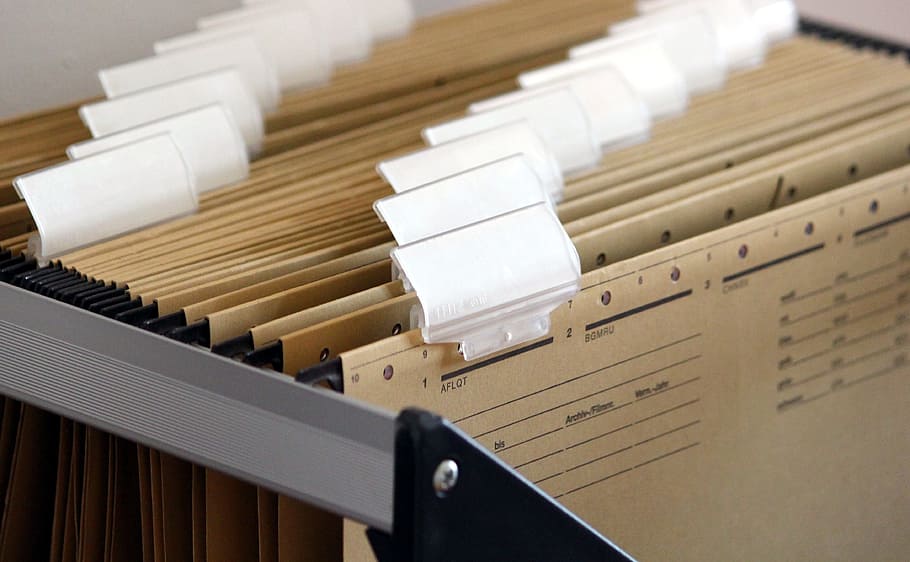Newsletter
29 April 2025
Arbitration Series: The 7th Edition of Singapore International Arbitration Centre Rules 2025 has entered into force – Key New Provisions


The SIAC Rules 2025 was introduced early this year. Key new changes include enhancement on Emergency Arbitrator mechanism, a new Streamlined Procedure, a revised cost schedule, and many more.
| Rizki Karim & Rininta Ayunina
The Singapore International Arbitration Centre (SIAC) is globally recognized as one of the most popular and reputable arbitral institutions, particularly in the Asia-pacific region. Being close to Singapore, parties from Indonesia have become one of the most frequent users of SIAC. Based on SIAC’s most recent annual report, in 2024 Indonesia ranked 6th as the top users of SIAC, with 63 cases registered involving parties from Indonesia.[i]
Earlier this year, SIAC issued a new set of procedural rules for its arbitrations. The SIAC Rules 2025 (7th Edition), in force as from 1 January 2025, represent a significant overhaul of the previous, 6th Edition of the SIAC Rules, which had been in force in 2016, almost a decade ago. The update introduces numerous new provisions and amendments, aimed at increasing procedural efficiency, reducing costs, and enhancing fairness and enforceability of awards. In total, the rule count has expanded from 41 rules in 2016 to 65 rules in 2025.
Below is a structured comparison between the new edition and its predecessor, highlighting key changes in procedure, arbitrator appointment, costs, jurisdiction, and other key areas.
New Procedural Mechanisms and Time Limits
The 2025 Rules introduce a Streamlined Procedure for swift, low-cost resolution of small claims – a feature absent in the 2016 edition. This procedure applies to cases of up to S$1 million in dispute (unless the parties do not agree to its application or the SIAC President determines that the procedure cannot apply). It is always conducted by a sole arbitrator, jointly nominated by the parties within 3 days (or appointed by SIAC if they fail to agree). Proceedings are heavily simplified: by default, no document production or witness evidence, and normally no oral hearing (cases are decided on documents only, unless the tribunal finds a hearing necessary). A final award must be issued within 3 months of tribunal’s constitution. Tribunal and SIAC fees are capped at 50% of the usual amounts for these low-value cases. This new track is intended for straightforward disputes.
SIAC’s Expedited Procedure, which was introduced in earlier editions and continued in the 2016 Rules, has been expanded in scope under the 2025 Rules. The monetary threshold for eligibility has increased from S$6 million to S$10 million. In addition, beyond the traditional grounds (party agreement or “exceptional urgency”), the new Rules allow expedited arbitration whenever “the circumstances of the case warrant” using the expedited process. This broader criterion means that even higher-value or complex cases may be admitted to expedited timelines if deemed appropriate. Under both 2016 and 2025 Rules, an expedited case is generally decided by a sole arbitrator with a final award deadline of 6 months from tribunal constitution.
The Emergency Arbitration (EA) mechanism has been growingly used by Indonesian parties. Based on the 2024 SIAC Report,[ii] there have been 30 cases of EA involving Indonesian parties, while in 2025, for the first time an Indonesian arbitration institution also introduced an EA mechanism.[iii] The EA provisions have now been notably enhanced in 2025. Under the SIAC 2016 Rules, a party seeking emergency relief had to file the Notice of Arbitration at or before the emergency application. Now, in 2025, an EA application may be filed even before the Notice of Arbitration, provided the Notice is filed within 7 days thereafter. Additionally, the 2025 Rules introduce the availability of ex parte emergency relief: an applicant may request a protective preliminary order (PPO) from an Emergency Arbitrator without prior notice to the opposing party. SIAC is one of the first major institutions to explicitly permit this type of ex parte emergency order.
Jurisdictional Matters and Scope of Arbitration
A notable new jurisdictional safeguard in the 2025 Rules is a procedure for preliminary objections on jurisdiction. If a Respondent raises an objection that no valid arbitration agreement exists (or if a Respondent refuses to participate at all), SIAC’s Registrar may refer the issue to the SIAC Court before the tribunal is constituted for a prima facie determination. If the SIAC Court finds prima facie that the arbitration lacks an agreement or should not proceed (in whole or part), the case can be terminated at the outset. This was not explicitly provided in the 2016 Rules.
The 2025 Rules broaden the scope of SIAC arbitrations to expressly include treaty-based cases. A new clause states that the SIAC Rules 2025 apply to arbitrations commenced not only under contracts, but also those under treaties or other instruments.
Appointment of Arbitrators and Challenges
The 2025 Rules streamline how arbitral tribunals are formed. Under the 2016 Rules, a Claimant’s Notice of Arbitration and a Respondent’s Response had to include either an arbitrator nomination or a proposal for a sole arbitrator. The 2025 Rules remove the requirement to nominate arbitrators in the initial pleadings. Instead, parties simply state any views on the number of arbitrators and the method of appointment.
The 2025 Rules expand the grounds on which an arbitrator may be challenged. Under the SIAC Rules 2016, a party could challenge an arbitrator mainly for justifiable doubts about impartiality or independence. In the 2025 Rules, a new ground is added: an arbitrator can be challenged if they “become de jure or de facto unable to perform their functions.”
Costs, Fees, and Financial Matters
The 2025 Rules update SIAC’s Schedule of Fees, reflecting increases in arbitrator fees and administrative charges. Cases under the Streamlined Procedure now benefit from a 50% reduction in SIAC and tribunal fees.
The SIAC 2025 Rules introduce comprehensive regulations on Third-Party Funding, including mandatory disclosure of funders, safeguards against conflicts of interest, and tribunal powers to regulate funding-related costs.
Evidence, Hearing Procedures, and Use of Technology
The 2025 Rules introduce guidelines on witness preparation, clarifying that parties may assist witnesses in preparing statements but must not distort their evidence.
The 2025 Rules encourage electronic case management via the new SIAC Gateway, facilitating digital filings, secure storage, and virtual hearings.
The 2025 Rules empower tribunals to impose cybersecurity measures, penalizing breaches through costs or adverse inferences.
Conclusion
The SIAC Rules 2025 introduce numerous procedural updates and refinements over the 2016 Rules, focusing on efficiency, accessibility, and transparency. Key additions include the Streamlined Procedures, enhanced emergency arbitration measures, explicit third-party funding regulations, new arbitrator challenge grounds, and digital case management tools.
* * *
Disclaimer: The content above is intended to provide a general guide to the subject matter, and should not be treated as legal advice. This newsletter is part of our arbitration series, in which we regularly post about developments of the arbitration climate, both domestically as well as internationally.
KarimSyah Law Firm is one of the very few firms from Indonesia with expansive experience in representing clients in international arbitration before the world’s reputable forums such as SIAC, ICC, ICSID, HKIAC, and AAA. For more information on SIAC Rules 2025, or assistance in relation to arbitration, please feel free to contact arbitration team, Rizki Karim (rizki.karim@karimsyah.com) or Rininta Ayunina (rininta.ayunina@karimsyah.com)
[i] SIAC Annual Report 2024, p. 33 (https://siac.org.sg/wp-content/uploads/2024/08/SIAC_Annual-Report-2024.pdf_)
[ii]SIAC Annual Report 2024, p. 39 (https://siac.org.sg/wp-content/uploads/2024/08/SIAC_Annual-Report-2024.pdf)
[iii] See BANI Rules 2025, Art. 17(5); Attachment I
